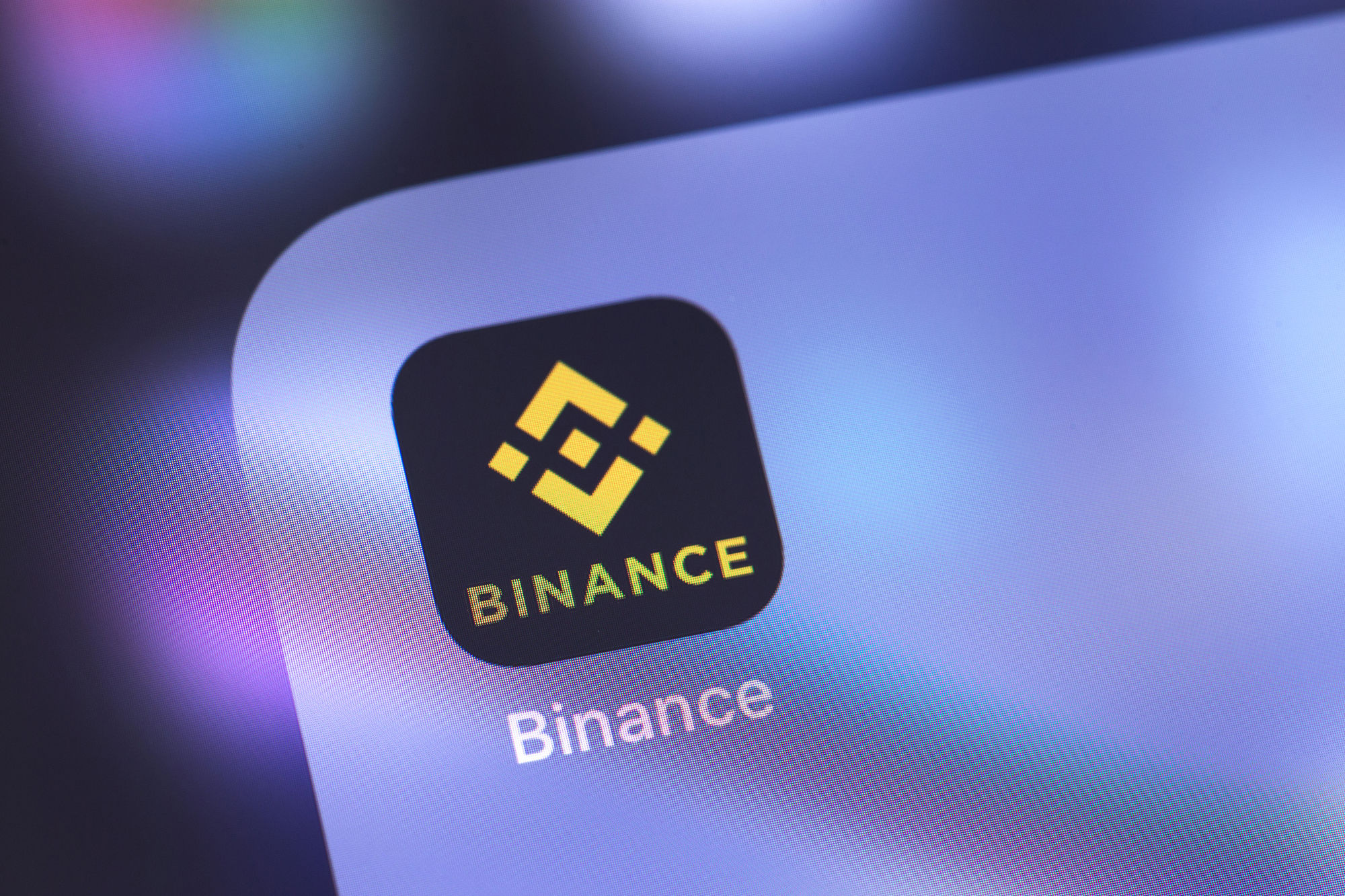Two senior executives at Binance were arrested in Nigeria as the government of the African country with the highest population tries to rein in speculation on the naira, its national currency, the Financial Times reported.
Their passports were seized
The executives flew to Nigeria after the government decided to ban a number of cryptocurrency trading websites last week. National security officers arrested them, and their passports were seized, according to insiders. Neither the national security office nor Binance has commented officially.
The naira has lost 40% of its value
The Nigerian government honed in on cryptocurrency websites after the naira underwent rapid devaluation, pushing inflation up to an almost 30-year high of just under 30%. According to Fitch Ratings, 899 naira was trading for $1 at the end of 2023. By February 13, the rate was 1,516 naira per $1, corresponding to about 40% devaluation. This exceeded the ratings agency’s expectations of a more moderate devaluation this year.
Crypto sites set unofficial rates, enable speculation
Cryptocurrency platforms like Binance have emerged as a viable alternative to trade the naira, establishing an unofficial exchange rate. After the executives were arrested, Binance suspended trading of the naira for Bitcoin and Tether.
During a press conference on February 27 Olayemi Cardoso, Nigeria’s central bank governor, said:
We are concerned that certain practices go on that indicate illicit flows going through a number of these entities [crypto platforms] and suspicious flows at best. In the case of Binance, in the last year alone, $26 billion has passed through Binance Nigeria from sources and users whom we cannot adequately identify.
Nigerian law enforcement agencies are investigating cryptocurrency exchanges jointly, according to Cardoso. They have requested access to a list of Binance’s Nigerian users since Binance Nigeria was established, an insider reported. Last week, the country’s telecommunication regulator ordered telecoms to block access to Binance, Coinbase, and other major cryptocurrency exchanges.
Another blow to Binance
The arrests are yet another blow to Binance as it tries to get back on its feet. In November 2023, the exchange paid a record fine of $4.3 billion to US authorities after pleading guilty to violating international sanctions and money laundering. Its founder, Changpeng Zhao, pled guilty to money laundering and violating the Bank Secrecy Act and resigned from his position as CEO. He was released on a bond of $175 million, an unprecedented amount that no corporate defendant in a criminal matter has ever paid.
The clouds could be lifting
Binance has faced consequences for allowing US customers to open accounts without having proper know-your-customer or anti-money laundering procedures in place. However, the clouds may be lifting. In January, Binance announced it had launched the Binance Thailand crypto exchange in cooperation with Gulf Innova, a subsidiary of Gulf Energy Development.
Prospects for the naira and Nigeria’s economy
The Nigerian government has enacted a series of market-friendly reforms in an effort to attract foreign investments to help the country’s ailing economy. These include ending its currency peg and clearing up its confusing system of multiple exchange rates.
Last week, presidential adviser Bayo Onanuga commented that Binance was setting the exchange rate for the naira speculatively and usurping the central bank’s role authority in this regard.
According to Reuters, Nigeria’s two currency devaluations in such a short time frame and new forex rules indicate preparations for a free float of the naira, but poor liquidity and an enormous backlog of dollar orders will get in the way of reforms.
The government will need to do more to convince foreign investors that Nigeria will eliminate the mechanisms that have warped its currency market for so long. Africa’s biggest economy has become less attractive to foreign capital for this reason.












